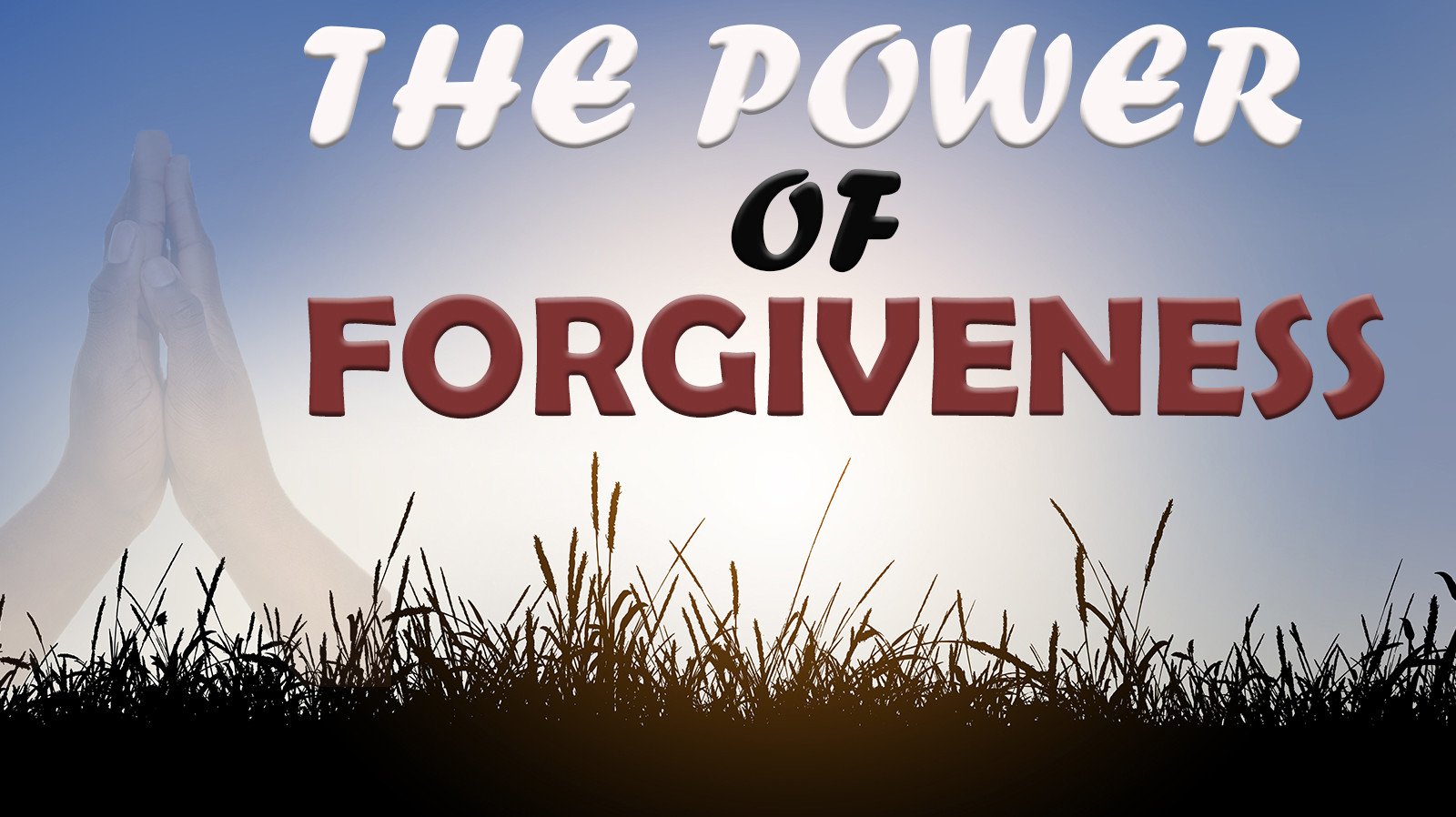Devotionals
THE POWER OF FORGIVENESS
Forgiveness is one of the most challenging yet most liberating acts a person can offer. It is the power to release ourselves from the chains of anger, bitterness, and hurt. It is also the power to reflect God's grace in our own lives. As difficult as it may seem at times, forgiveness is central to the Christian faith and is necessary for healing, reconciliation, and freedom.
Jesus, in His ministry, made it clear that forgiveness was not optional. In Matthew 6:14-15, He says, “For if you forgive other people when they sin against you, your heavenly Father will also forgive you. But if you do not forgive others their sins, your Father will not forgive your sins.” This teaching is clear—if we desire to receive God's forgiveness, we must also forgive others. Forgiveness isn’t simply a matter of personal choice; it’s a commandment rooted in the love and grace of God.
The power of forgiveness begins with understanding what it means to forgive. Forgiveness is not about forgetting the wrong done to us or excusing harmful behavior. It’s not about pretending that the pain never existed. Rather, it is an act of releasing someone from the debt they owe us, choosing to let go of our right to get even or to seek revenge. Forgiveness involves laying down our hurts and choosing peace over bitterness.
In Colossians 3:13, Paul writes, “Bear with each other and forgive one another if any of you has a grievance against someone. Forgive as the Lord forgave you.” This verse challenges us to reflect on the way God has forgiven us—freely, fully, and without reservation. When we consider the depth of God’s forgiveness toward us, our own ability to forgive others grows. God’s forgiveness is not based on our actions or worth; it is extended to us out of His great mercy and love. Similarly, we are called to forgive others, not because they deserve it, but because we have been shown such grace.
Forgiveness is not always easy. The pain of betrayal, the sting of injustice, or the weight of unresolved hurt can feel insurmountable. Yet, forgiveness has the power to heal. When we forgive, we break the chains that bind us to the past. We release the control that the wrongdoer has over us. Holding on to unforgiveness, on the other hand, can lead to bitterness, resentment, and even physical and emotional distress. In Ephesians 4:31-32, Paul encourages us, “Get rid of all bitterness, rage and anger, brawling and slander, along with every form of malice. Be kind and compassionate to one another, forgiving each other, just as in Christ God forgave you.” By letting go of bitterness, we open the door for peace, healing, and joy.
Forgiveness also has the power to bring reconciliation. Jesus calls us to be peacemakers, and forgiveness is the foundation of peace. In Matthew 18:21-22, when Peter asks Jesus how many times he should forgive, Jesus responds, “I tell you, not seven times, but seventy-seven times.” In this response, Jesus teaches us that forgiveness is not a one-time act, but a continual practice of grace and love. It’s a way of living that reflects God's heart toward us.
The power of forgiveness is transformative. It not only frees us from the weight of the past, but it also brings healing to our relationships. It allows us to reflect God's love and mercy to the world around us. Forgiving others is one of the most powerful ways we can demonstrate our faith and trust in God’s plan for our lives.
As you face moments of hurt or offense, remember the words of Jesus on the cross: “Father, forgive them, for they do not know what they are doing.” (Luke 23:34) Just as Jesus forgave those who crucified Him, we are called to forgive. The power of forgiveness is not in what we do for others, but in what God does in us through the act of letting go.
Donate us to achive our goal
that they cannot foresee.

